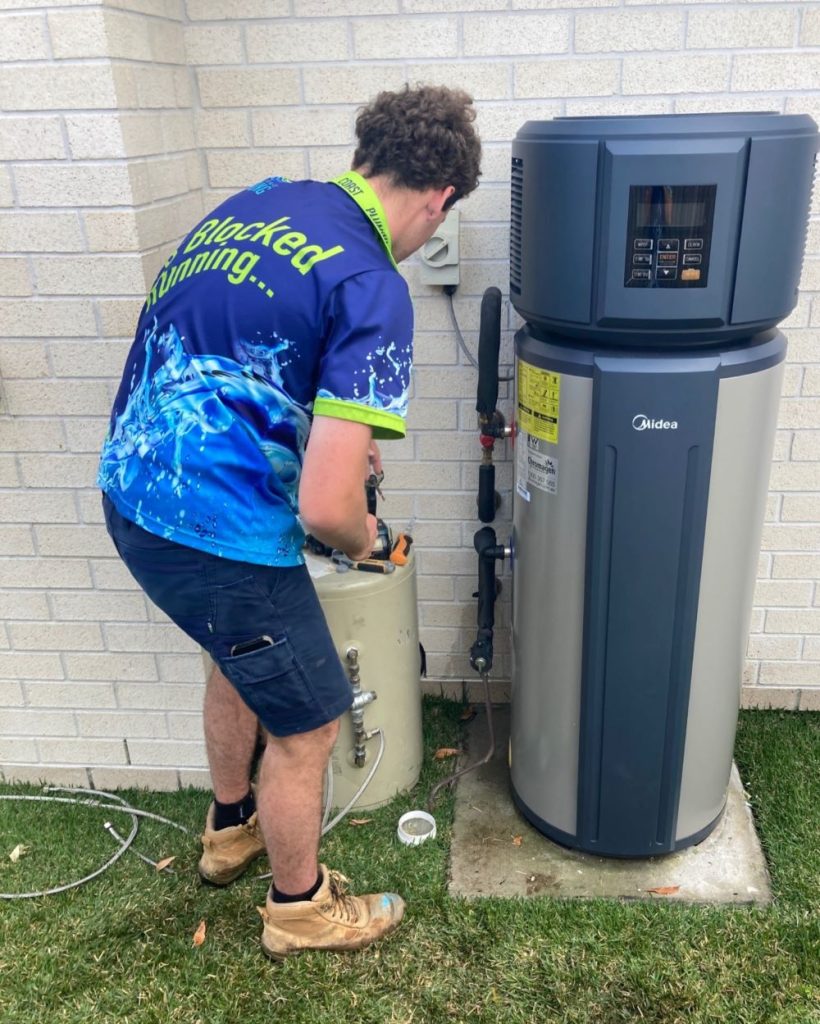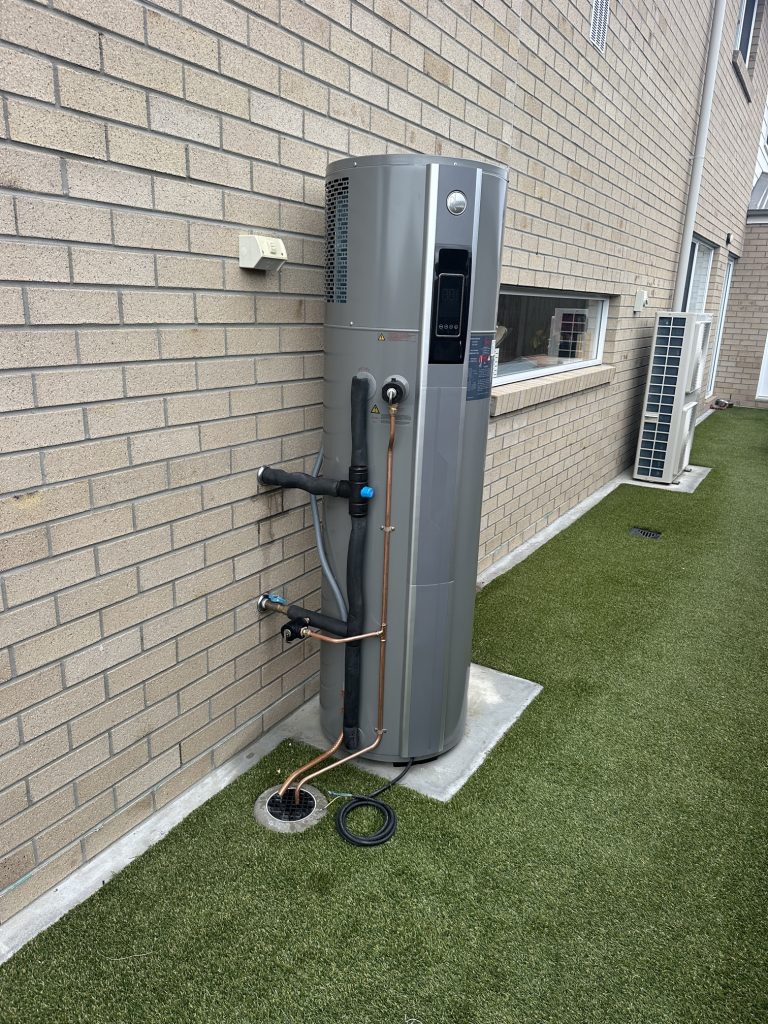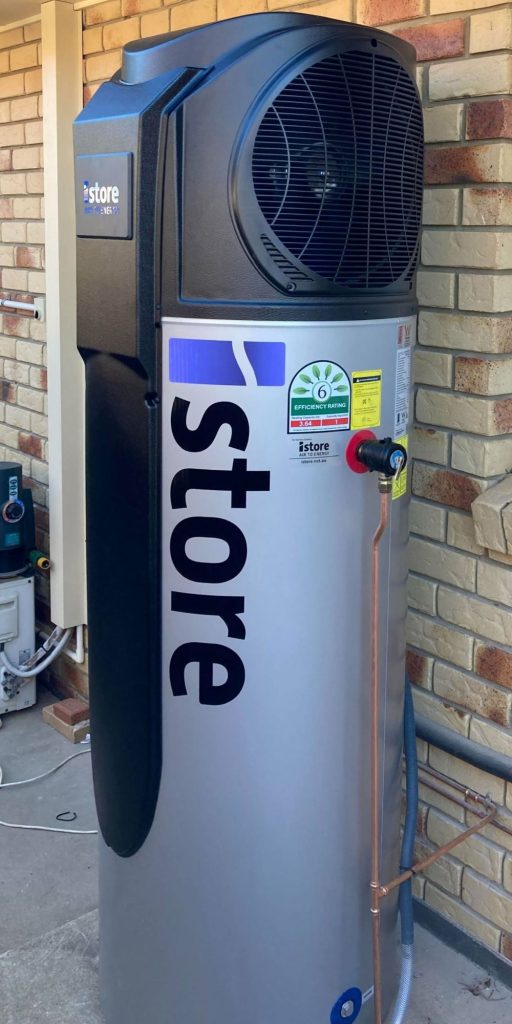Mastering the Unique Challenges of Selecting Hot Water Systems in Queensland's Climate
When it comes to selecting the ideal hot water system for your home in Queensland, the process involves more than simply choosing a brand or assessing the volume capacity. It requires an in-depth understanding of numerous factors that significantly impact the system's overall efficiency and effectiveness. These factors include the local climate, varying humidity levels, electricity tariffs, and the specific daily water usage patterns of your household. With energy prices on the rise, an increasing number of households are turning to heat pumps for their renowned energy efficiency and sustainability. However, it is essential to note that these systems may not be suitable for every property type. A thorough evaluation of all relevant elements is vital to ensure optimal performance and longevity of your chosen hot water solution.
This article will delve into the operational efficiency of heat pumps in Queensland's diverse climatic conditions, outline which types of residences are most likely to benefit from these innovative systems, and clarify prevalent misconceptions that could hinder optimal performance or lead to inappropriate system selections.

Enhancing the Performance of Heat Pumps in Coastal Queensland Settings
Heat pump water heaters operate by extracting thermal energy from the surrounding ambient air. Their performance tends to improve significantly as air temperatures rise. In the coastal regions of Queensland, particularly in popular destinations such as the Sunshine Coast, Brisbane, and the Fraser Coast, average air temperatures generally remain above 5°C, even during the winter months. This stable warmth enables heat pumps to operate efficiently all year round without the need for electric boosting or additional heating elements that are often required in cooler climates. By harnessing this natural energy, homeowners can benefit from reduced energy bills and a smaller carbon footprint.
Crucial Environmental Factors Enhancing Heat Pump Efficiency
| Factor | Impact on Heat Pump Functionality | Coastal QLD Efficiency |
|---|---|---|
| Average ambient temperature | Higher temperatures lead to more efficient operation | ✓ Consistently above 5°C |
| Humidity levels | Moderate improvements in efficiency | ✓ Generally high and stable |
| Access to off-peak electricity | Results in lower operational costs | ✓ Widely available across most regions |
| Roof shading | Not a significant factor | ✓ No adverse impact on system performance |
| Direct sunlight exposure | Not a necessity for operation | ✓ Functions effectively even in shaded conditions |
Identifying Scenarios Where Heat Pumps May Underperform
While heat pumps offer numerous benefits, there are specific contexts in Queensland where their performance may not meet expectations:
- Inland or elevated areas
In regions like Toowoomba or the Hinterland, nighttime temperatures can drop significantly during winter months. Under such circumstances, certain models of heat pumps may find it challenging to maintain peak efficiency without the assistance of a booster element, resulting in higher energy consumption and costs. - Constricted or inadequately ventilated outdoor areas
Heat pumps require sufficient airflow around their compressor units to function optimally. In confined or enclosed environments, the effectiveness of heat extraction may diminish, and operational noise could increase, potentially causing disturbances for residents. - Large households with high water demands
In homes with more than six occupants, systems designed for larger water storage or quicker recovery times, such as solar-boosted gas systems, may be more beneficial in efficiently meeting significant hot water needs.
Dispelling Myths About Heat Pumps in Queensland
“They become ineffective during winter.”
This notion may hold true for colder southern climates; however, it does not apply in Queensland. In areas where average temperatures consistently exceed 5°C, heat pumps retain their efficiency throughout winter, ensuring reliable hot water solutions even during cooler months.
“Solar panels are necessary for heat pumps to operate.”
This claim is misleading. Heat pumps can function independently of solar photovoltaic (PV) systems, although integrating them with solar energy can further enhance energy savings and sustainability.
“Heat pumps are excessively noisy and disruptive.”
Modern heat pump systems are designed to be considerably quieter than older models. When correctly installed in well-ventilated locations, the noise produced by the compressor unit is typically minimal, contributing to a comfortable living environment.
Effective Strategies for Optimising Heat Pump Installation and Performance in Queensland
- Select a system designed for Australian climates
Opt for models that feature high-efficiency ratings and dependable local support, such as istore or Stiebel Eltron, which are recognised for their outstanding performance in the Australian climate. - Install in a well-ventilated yet shaded environment
While heat pumps do not require direct sunlight, they do need sufficient airflow around the unit to operate efficiently and effectively. - Utilise timers or smart controls
By programming the system to function during periods of solar power generation or off-peak electricity hours, you can significantly enhance energy efficiency and reduce operating costs. - Ensure your system is appropriately sized
A capacity of 250–300 litres is typically adequate for most families. An undersized system may result in performance issues and a dependency on boosting mechanisms, thereby increasing energy usage.
The Crucial Importance of Local Expertise in Successful Heat Pump Installation
The installation of a heat pump necessitates a tailored approach to achieve optimal results. The most effective outcomes are realised by working alongside a local plumber who possesses expertise regarding:
- Performance suited to local climate conditions, ensuring peak efficiency
- Eligibility for rebates such as Small-scale Technology Certificates (STCs) and various Queensland government initiatives aimed at promoting energy efficiency
- Optimal placement and ventilation strategies for the unit to maximise performance
- Integration with solar PV systems or battery storage solutions, if applicable, to enhance energy efficiency
At Creek to Coast Plumbing, we specialise in the delivery and installation of high-performance hot water systems, including heat pumps, throughout the Sunshine Coast and Moreton Bay regions. Our dedicated team is committed to assisting you in determining which type of hot water service will best meet your requirements. As the demand for energy-efficient hot water solutions continues to rise, many individuals are weighing solar options against heat pumps. We will evaluate the specific conditions of your home, recommend the most suitable system, and ensure you are well-equipped for maximum efficiency.
Discover more about our Heat Pump Hot Water Installations or reach out to us for a personalised recommendation tailored specifically to your needs.
The Article: Heat Pumps in Queensland: Effective Solutions and Pitfalls first appeared on https://writebuff.com
The Article Heat Pumps in Queensland: Benefits and Challenges Explained Was Found On https://limitsofstrategy.com


